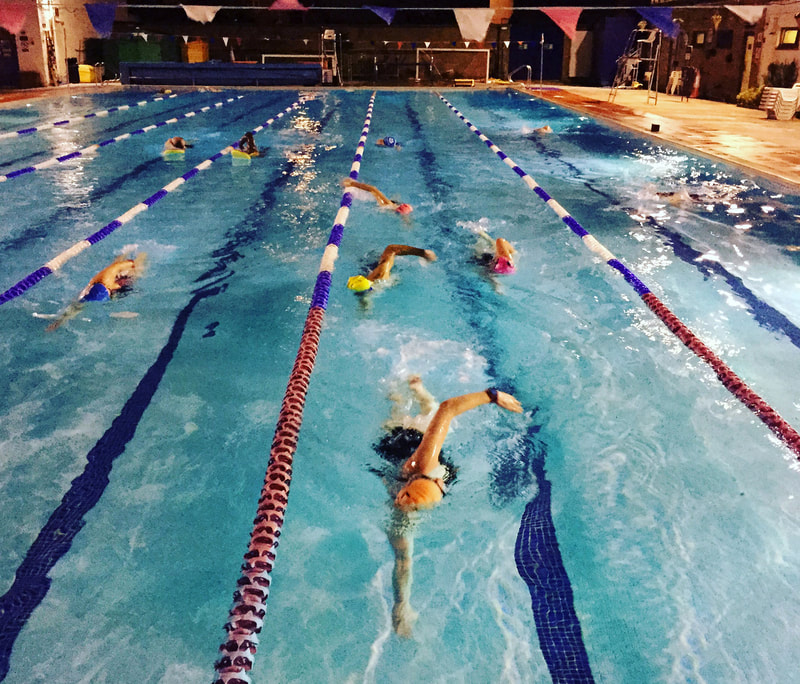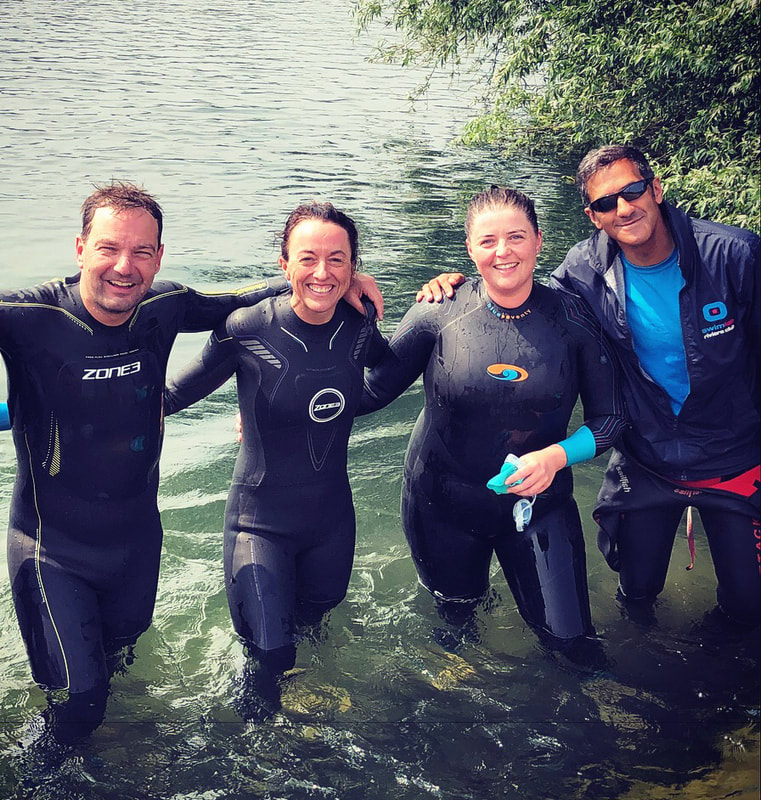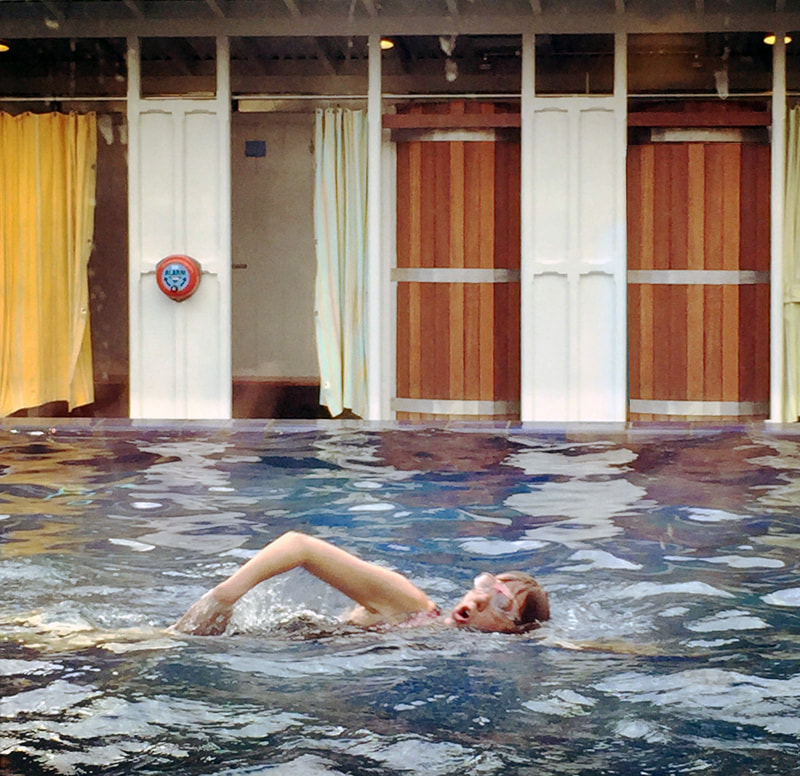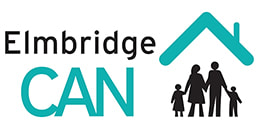SwimLab | Water Skills
Summer 2019
Images © Pixabay (main image) & SwimLab
We ran a water skills course in the summer. Our aim was to build confidence in the water, improve swimming skills and to help displaced young people overcome water trauma associated with their journey to reach the UK.
Last year, on a beach in Devon during our annual summer camp, we noticed one of our young people sitting with his back to the sea and looking shaken. “I can’t even look at the water,” B told us. We listened as he talked about his three-day journey crossing the Mediterranean on an overcrowded boat, broken, leaking-fuel and smelling of vomit. “I knew I had to cross the sea,” he said. “I didn’t know if the boat would make it. But I didn’t care.”
Such journeys are well-documented: precarious at best, and often fatal. But it is sheer desperation that drives people onto these boats and there is no space for rational assessment of safety (and the smugglers know this).
“I hate the water now,” he shuddered.
This is a story we hear time and again, and it’s the reason we got in touch with Salim from SwimLab… to ask his advice on how we could support young people, like B, to feel confident around water again.
“Teach them to swim,” he said simply.
So that’s what we did.
Our pilot Water Skills Course took place thanks to the combined generosity of Nuffield Health Club in Guildford who kindly donated the use of their pool; of Elmbridge CAN who funded travel costs and paid for swimwear and goggles for the participants; and of Salim, who gave us his time, his infinite patience and his astounding ability to build trust in the place of fear.
“It’s not about language,” Salim told us, “it’s about communicating the feeling of being in water – of being safe enough to let go, and to do it by yourself.”
Each swimmer first had to lie back, their heads supported by Salim’s hand, while they accustomed themselves to the feeling of floating. Just to put their ears under water was a leap for some. But Salim inspired a sense of trust from the start and one after another, they lay back and kicked.
Salim says that it is all about knowing when to let them go. “Sometimes, you just need to touch the top of a head with your fingertips, and that person will know they are not alone. Then they can achieve.”
And the results were remarkable. In the first session, L had increased his distance from swimming 10m to 50m and was beaming with this achievement. B said he was too afraid but let Salim guide him into the water, and he managed to swim 15m over two sessions. Even for the young people who had never swum before, the change was incredible. Everybody swam, and swam happily.
Even Salim was stunned by the results. “L told me he wants to be a pilot one day. And M wants to be a doctor. Going on the determination and resilience they showed in the pool, I am absolutely sure they’ll do it.”
The positive impact of our Water Skills Course was not just reflected in the physical and mental health benefits of regular swimming, or the improved confidence and self-esteem boosted by success. Knowing how to stay safe in the water is a vital life skill.
Such journeys are well-documented: precarious at best, and often fatal. But it is sheer desperation that drives people onto these boats and there is no space for rational assessment of safety (and the smugglers know this).
“I hate the water now,” he shuddered.
This is a story we hear time and again, and it’s the reason we got in touch with Salim from SwimLab… to ask his advice on how we could support young people, like B, to feel confident around water again.
“Teach them to swim,” he said simply.
So that’s what we did.
Our pilot Water Skills Course took place thanks to the combined generosity of Nuffield Health Club in Guildford who kindly donated the use of their pool; of Elmbridge CAN who funded travel costs and paid for swimwear and goggles for the participants; and of Salim, who gave us his time, his infinite patience and his astounding ability to build trust in the place of fear.
“It’s not about language,” Salim told us, “it’s about communicating the feeling of being in water – of being safe enough to let go, and to do it by yourself.”
Each swimmer first had to lie back, their heads supported by Salim’s hand, while they accustomed themselves to the feeling of floating. Just to put their ears under water was a leap for some. But Salim inspired a sense of trust from the start and one after another, they lay back and kicked.
Salim says that it is all about knowing when to let them go. “Sometimes, you just need to touch the top of a head with your fingertips, and that person will know they are not alone. Then they can achieve.”
And the results were remarkable. In the first session, L had increased his distance from swimming 10m to 50m and was beaming with this achievement. B said he was too afraid but let Salim guide him into the water, and he managed to swim 15m over two sessions. Even for the young people who had never swum before, the change was incredible. Everybody swam, and swam happily.
Even Salim was stunned by the results. “L told me he wants to be a pilot one day. And M wants to be a doctor. Going on the determination and resilience they showed in the pool, I am absolutely sure they’ll do it.”
The positive impact of our Water Skills Course was not just reflected in the physical and mental health benefits of regular swimming, or the improved confidence and self-esteem boosted by success. Knowing how to stay safe in the water is a vital life skill.
We’re hoping to run this course on a regular basis. But to do this, we need funding. If you’d like to support Big Leaf Foundation to run more projects like this, please get in touch or visit our Support page to find out how you can donate.
With huge thanks to Nuffield Health Club for giving us use of their pool, to Elmbridge CAN for your continued support for these young people, to Salim at SwimLab for your time and talent and to the participants for giving it your all.
With huge thanks to Nuffield Health Club for giving us use of their pool, to Elmbridge CAN for your continued support for these young people, to Salim at SwimLab for your time and talent and to the participants for giving it your all.
Project partners
PrivacY | SAFEGUARDING | contacT
PO Box 1544, Woking, GU24 8UH
[email protected]
UK Registered Charity Number: 1181180
Copyright © 2022
[email protected]
UK Registered Charity Number: 1181180
Copyright © 2022






